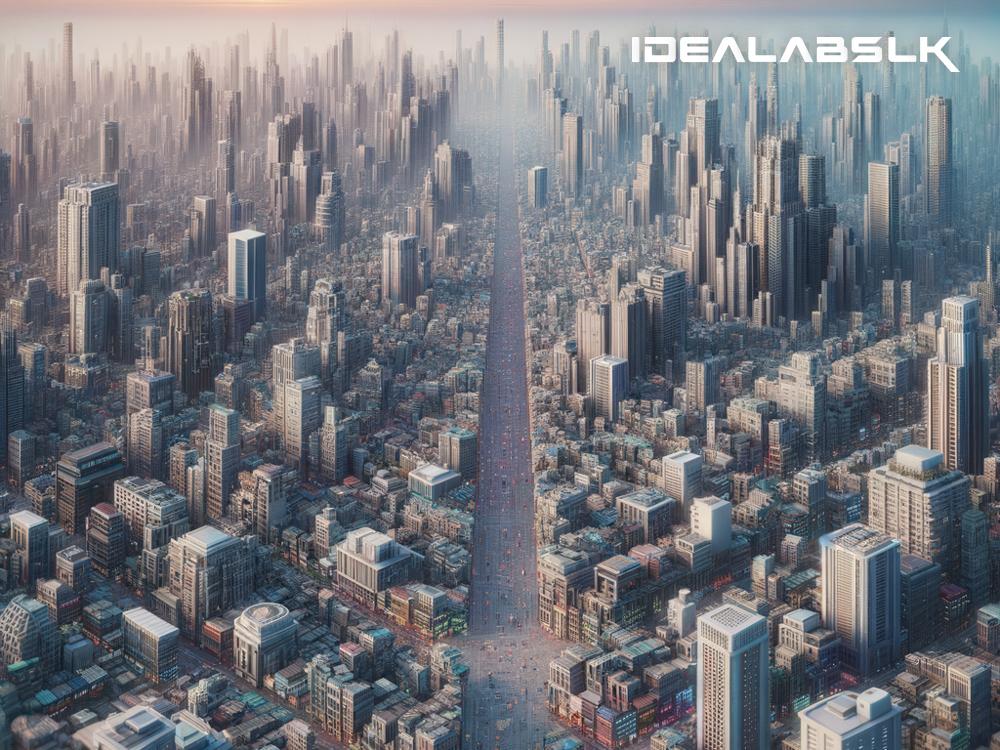AI and the Future of Procedural Generation in Open-World Games in 2025
The gaming industry is constantly evolving, and one of the most exciting advancements is the use of artificial intelligence (AI) in creating vast, explorable worlds. As we look toward 2025, it's thrilling to imagine how AI will revolutionize procedural generation, making open-world games more immersive and dynamic than ever before.
What Is Procedural Generation?
Before diving into the future, let's understand what procedural generation is. It's a method used in game development where algorithms are used to create data automatically, rather than having developers manually craft every aspect of the game's environment. This technique can generate endless landscapes, dungeons, or even entire galaxies, each time you start a new game. The result? A unique experience for every player.
The Role of AI in Procedural Generation
AI takes procedural generation to the next level. Instead of following a fixed set of rules, AI can learn and adapt, creating game worlds that are not just vast, but also rich in detail and variety. Imagine entering a game where the environment changes based on your actions, where every choice you make shapes the world in real-time. This is the potential AI holds for the future of open-world games.
Predictions for 2025
By 2025, we can expect several groundbreaking changes in how open-world games are designed, thanks to the advancements in AI technology. Here are a few predictions:
1. Dynamic and Evolving Worlds
Games will no longer be static. With AI-driven procedural generation, game worlds will evolve naturally over time. Cities may expand, forests can grow, and ecosystems can change based on numerous factors, like the in-game season or player interactions. This dynamism will make the game world feel more alive and realistic.
2. Unprecedented Detail and Variety
The level of detail in game environments will significantly increase. AI will be capable of creating incredibly diverse biomes, architectural styles, and even cultures within the game. Each NPC (non-playable character) you meet could have a unique backstory, and the conversations you have might vary drastically from player to player, based on the AI's generation of personalities and histories.
3. Personalized Gaming Experiences
AI could tailor the gaming experience to suit each player's style and preferences. If you enjoy exploration, the game might generate more hidden treasures and breathtaking vistas for you to discover. Prefer combat? The game could create challenging adversaries and conflict zones. This personalization will make each player's journey through the game uniquely satisfying.
4. Smarter NPCs
NPCs will become much more intelligent and unpredictable, thanks to AI. They'll be able to engage in meaningful conversations, remember past interactions, and even form opinions about the player. This will lead to more engaging and immersive storytelling, where every character you meet feels like a real individual.
5. Seamless Integrations
AI will also improve the way open-world games integrate generated content, ensuring a seamless experience. Instead of encountering repetitive textures or awkward terrain transitions, the game world will look and feel cohesive, as if every inch was meticulously crafted by human hands.
Challenges and Considerations
Despite the exciting prospects, there are challenges. Balancing creativity and control will be crucial; developers will need to ensure that AI-generated content aligns with the game's narrative and design goals. There are also ethical considerations, such as the potential for AI to generate inappropriate content or influence player behavior in unforeseen ways.
Conclusion
Looking toward 2025, the future of open-world games appears more vibrant and promising than ever, with AI playing a pivotal role in bringing unimaginable worlds to life. As developers continue to experiment and refine AI-driven procedural generation, we can expect games that are not only larger and more complex but also deeply personal and engaging.
While challenges remain, the potential benefits for players and developers alike are immense. As we step into these dynamic, AI-crafted worlds, we're not just playing a game; we're embarking on an adventure unique to each of us, filled with endless possibilities and discoveries. The future is bright, and it's only just over the horizon. Welcome to the new era of open-world gaming in 2025.

